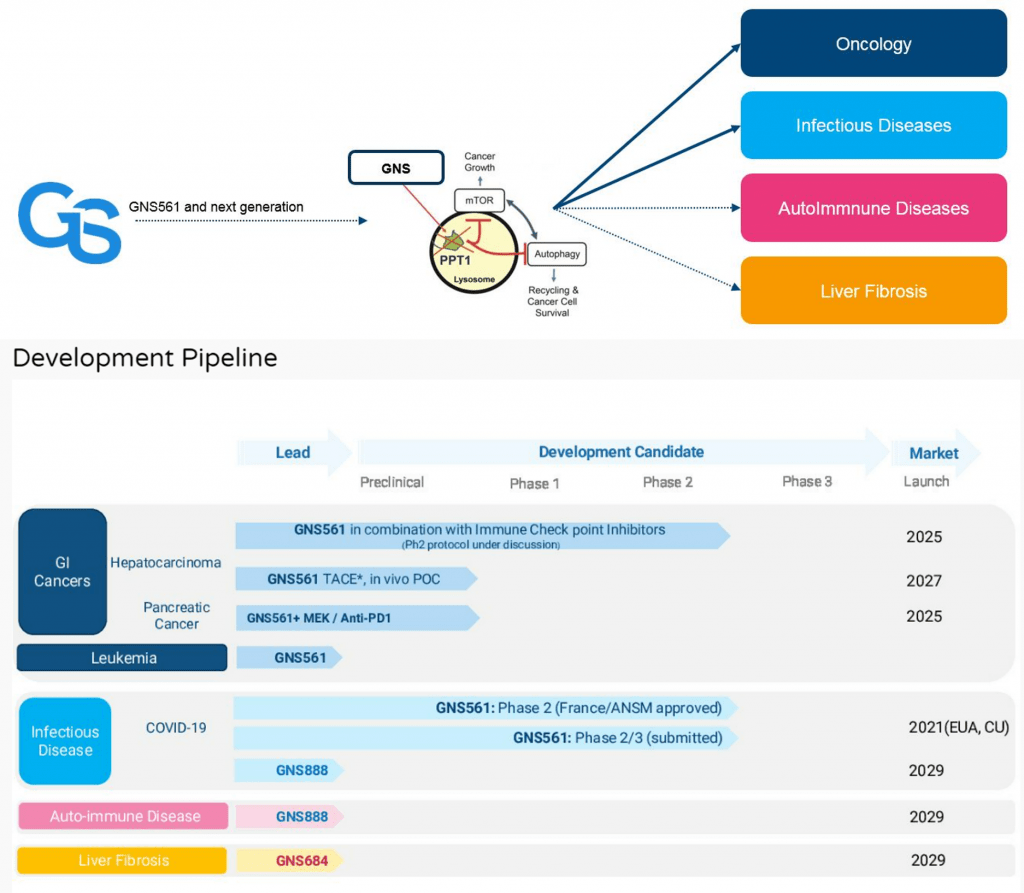Medincell will receive an upfront payment of $35 million and is eligible for up to $1.9 billion in potential development and commercial milestones, plus royalties on worldwide sales.
Medincell and AbbVie will co-develop, and AbbVie will commercialize up to six cutting-edge long-acting injectables (LAI).
The first LAI program candidate has been selected and formulation activities are underway.
This pivotal alliance leverages Medincell’s commercial-stage LAI technology and development know-how, and AbbVie’s extensive clinical development and commercialization expertise, to deliver innovative therapeutic solutions to patients globally.
MONTPELLIER, France–(BUSINESS WIRE)–Medincell (Paris:MEDCL) today announced a collaboration with AbbVie to co-develop and commercialize up to six therapeutic products across multiple therapeutic areas and indications. Medincell will use its commercial-stage long-acting injectable technology platform to formulate innovative therapies. Medincell will conduct formulation activities and preclinical studies, including supportive CMC work to advance candidates into clinical trials. AbbVie will finance and conduct the clinical development for each program and will be responsible for regulatory approval, manufacturing, and commercialization.
Christophe Douat, Medincell’s CEO said: “This will be an exciting partnership with one of the most innovative and successful pharmaceutical companies. Medincell has entered a new period of growth following the FDA approval of the first product using our technology in April 2023. The full potential of long-acting injectable therapies is getting increasingly recognized.”
Sébastien Enault, Medincell’s Chief Business Officer added: “Our business development is accelerating following FDA approval of our first product. Our technology can help harvest the full potential of many known or yet untapped drugs. We are ready to make this exciting partnership very successful.”
Under the terms of the co-development and licensing agreement covering up to 6 programs, Medincell will receive a $35 million upfront payment and is eligible to receive up to $1.9 billion in development and commercial milestones ($315 million for each program). Medincell is also eligible to receive mid-single to low-double-digit royalties on net sales.
About Medincell
Medincell is a clinical- and commercial-stage biopharmaceutical licensing company developing long-acting injectable drugs in many therapeutic areas. Our innovative treatments aim to guarantee compliance with medical prescriptions, to improve the effectiveness and accessibility of medicines, and to reduce their environmental footprint. They combine active pharmaceutical ingredients with our proprietary BEPO® technology which controls the delivery of a drug at a therapeutic level for several days, weeks or months from the subcutaneous or local injection of a simple deposit of a few millimeters, entirely bioresorbable. The first treatment based on BEPO® technology, intended for the treatment of schizophrenia, was approved by the FDA in April 2023, and is now distributed in the United States by Teva under the name UZEDY® (BEPO® technology is licensed to Teva under the name SteadyTeq™). We collaborate with leading pharmaceutical companies and foundations to improve global health through new treatment options. Based in Montpellier, Medincell currently employs more than 140 people representing more than 25 different nationalities.
UZED® and SteadyTeq™ are trademarks of Teva Pharmaceuticals
Contacts
David Heuzé
Head of Corporate and Financial Communications, and ESG
david.heuze@medincell.com / +33 (0)6 83 25 21 86
Grace Kim
Head of US Financial Strategy & IR
grace.kim@medincell.com / +1 (646) 991-4023
Nicolas Mérigeau
Media Relations
medincell@newcap.eu / +33 (0)1 44 71 94 94
Louis-Victor Delouvrier/Alban Dufumier
Investor Relations France
medincell@newcap.eu / +33 (0)1 44 71 94 94










